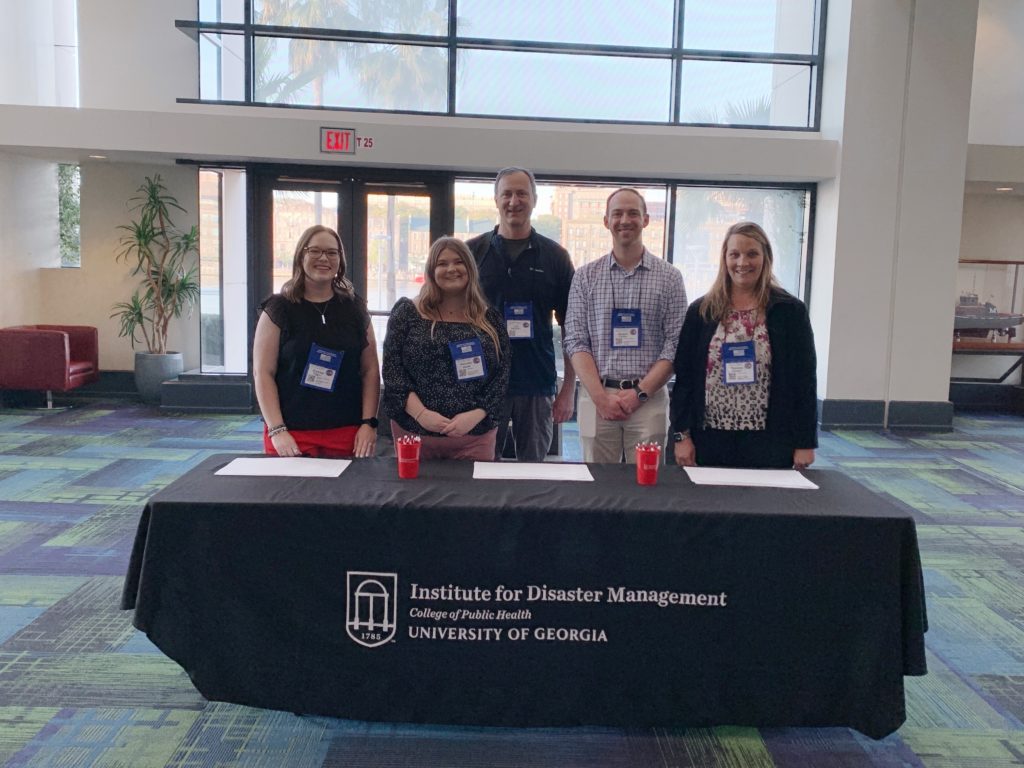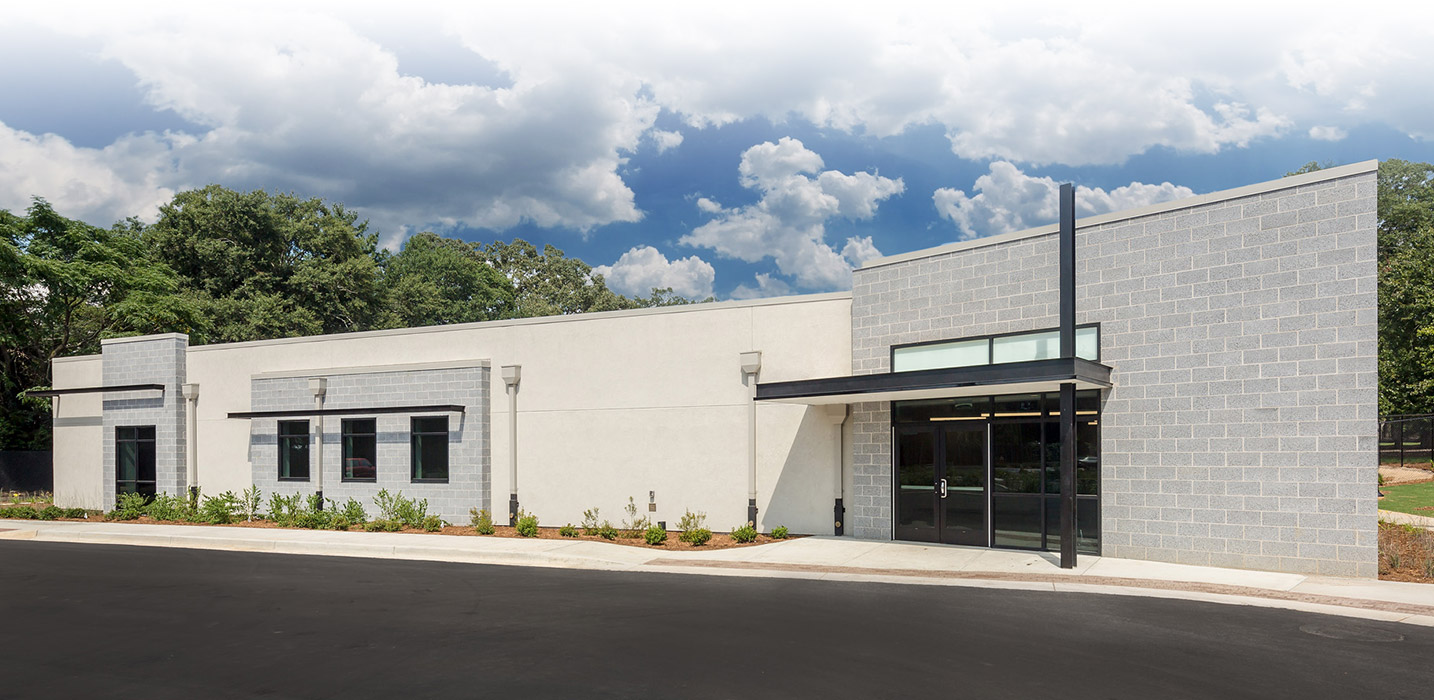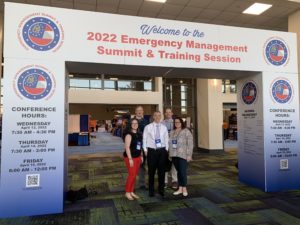
Our team attended the 2022 Emergency Management Summit and Training Sessions hosted by the Emergency Management Association of Georgia. The conference was from April 13 to April 15 in Savannah and featured multiple guest speakers and breakout sessions.
The Institute for Disaster Management was selected to present for three separate breakout sessions. These sessions included “Enhancing Regions 4s HCC Preparedness and Response Framework”, “Introduction to Burn Mass Casualty Incidents”, and “Pull Up a Stool, and Let’s Talk About Infectious Diseases”.
Many of our graduate students were given the opportunity to attend and help facilitate the conference. Their roles included helping with registration, scanning individuals into each session, and other administrative support for the event. They were able to attend sessions and network with emergency management professionals about future internship and job opportunities.
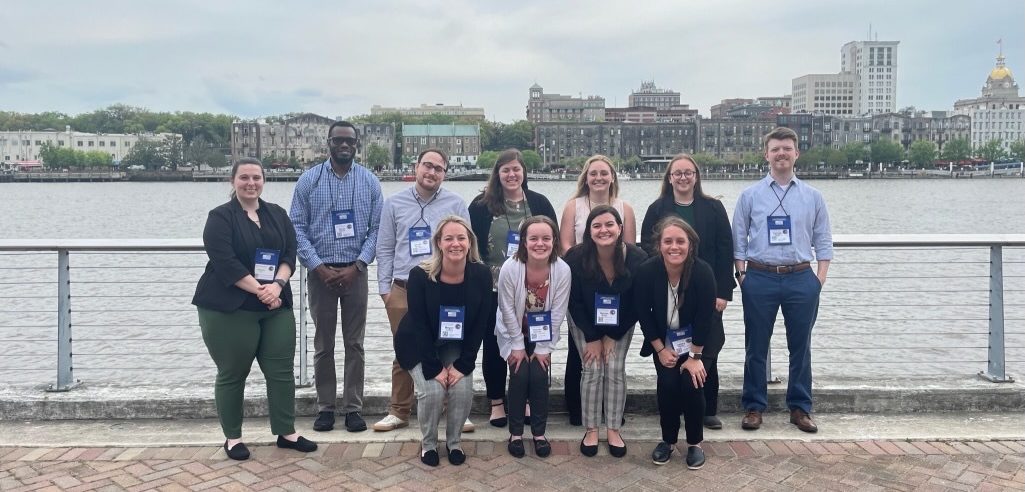
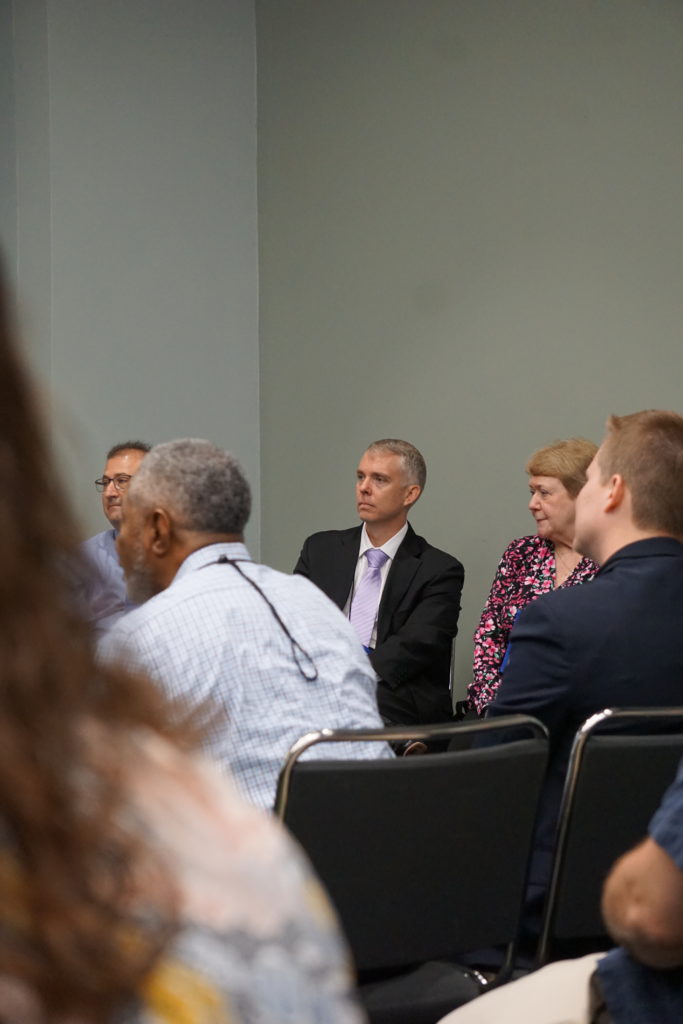
Enhancing Regions 4s HCC Preparedness and Response Framework
The session on Enhancing Regions 4s HCC Preparedness and Response Framework focused on the Southern Regional Disaster Response System (SRDRS) project. This project is a partnership between the Georgia Department of Public Health, Emory University, Augusta University, UGA’s Institute for Disaster Management, and the U.S. Department of Health and Human Services (HHS) Office of the Assistant Secretary for Preparedness and Response (ASPR). While the project is in the beginning stages, the presentation outlined the project’s objectives and goals.
SRDRS’ mission is to complement existing preparedness and response frameworks and the partnerships represented by the Healthcare Coalitions. The mission is accomplished by integrating clinical and healthcare systems’ operational expertise into existing preparedness and response structures at the local, state, and regional levels across HHS Region 4. The team emphasized the SRDRS is not trying to replace the Healthcare Coalitions but is a supplemental tool to further assist healthcare systems during disaster response. The session urged attendees to fill out an informational survey to identify gaps so the SRDRS can focus efforts to better strengthen this network.
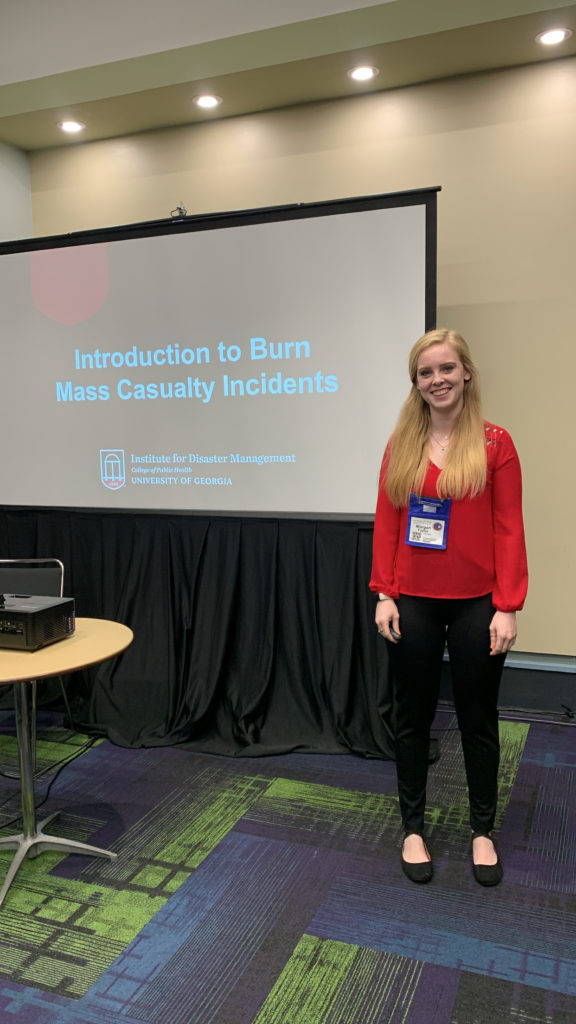 Introduction to Burn Mass Casualty Incidents (BMCI)
Introduction to Burn Mass Casualty Incidents (BMCI)
Introduction to Burn Mass Casualty Incidents (BMCI) was a presentation by IDM’s Doctoral Student, Morgan Taylor, on her research. Burn injuries can result from a wide variety of incidents, ranging from structural fires to hazardous material incidents to blast emergencies. Regardless of the cause, not every healthcare provider or facility is equipped to treat burns. Under normal circumstances, specifically designated burn centers with the extensive resources and expertise treat patients with burn and other soft tissue injuries. However, in the event of a BMCI, any healthcare facility may be the closest site, and may be called upon to stabilize burn patients for the first 72 hours or more of the incident.
The presentation stressed the importance for healthcare facilities, healthcare coalitions, and other healthcare emergency management stakeholders to develop a BCMI plan proactively and collaboratively in order to ensure the best possible care for burn patients. Taylor defined BMCI and examined the challenges associated with staff, supplies, space, and systems in various mass burn care circumstances. The American Burn Association (ABA) BCMI guidelines for patient and facility triage were covered. Lastly, she highlighted current examples of best practices in mass burn care plan development for emergency management organizations, healthcare providers, and burn care providers.
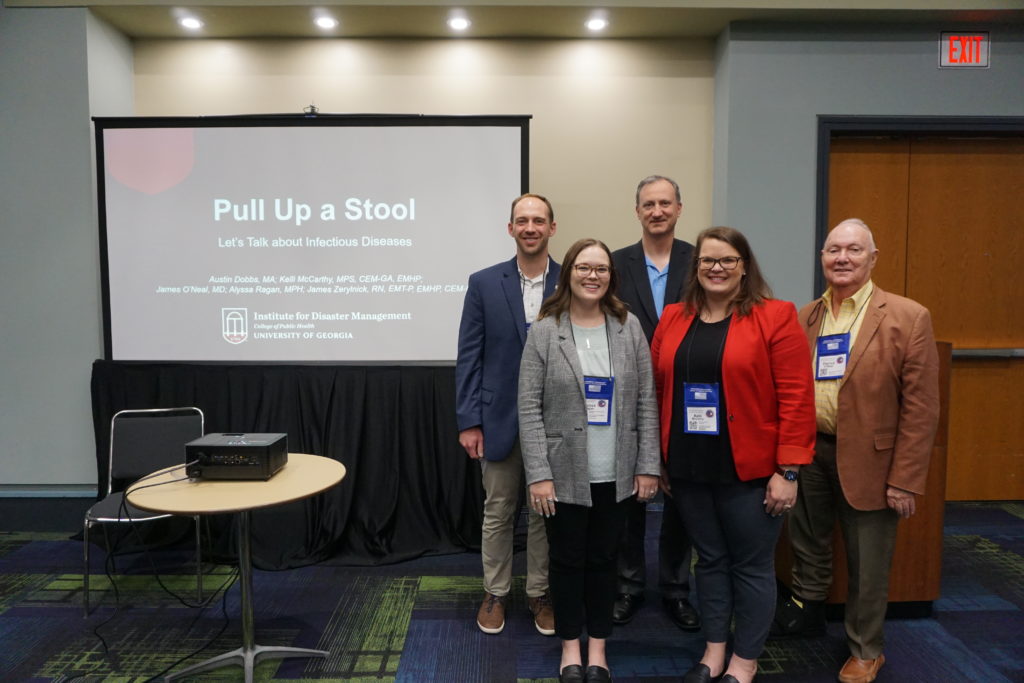
Pull Up a Stool, and Let’s Talk About Infectious Diseases.
Austin Dobbs, Kelli McCarthy, James Patrick O’Neal, Alyssa Ragan, and James Zerylnick presented Pull Up a Stool, and Let’s Talk About Infectious Diseases. The recent COVID-19 pandemic has highlighted the need to ensure all members of the public health, healthcare, and public safety communities have access to current and comprehensive training and planning resources.. UGA IDM has partnered with the Georgia Department of Public Health, Centers for Medicare and Medicaid Services, as well as local, regional, and state partners, to offer multiple infection control educational programs and planning support throughout Georgia.
The IDM team discussed the Georgia Highly Infectious Disease (HID) Plan and Exercise Program, the Georgia Long Term Care Infectious Disease Educational Program, and the Designated Infection Control Officer (DICO) training program. Each of these programs target varying disciplines to enhance infectious disease education and preparedness. All descriptions for the programs can be found under the Research & Outreach tab on our website. The team outlined how each of these programs are helping to fill current gaps in infectious disease education and planning across a variety of sectors.
We cannot wait to see everyone again at EMAG 2023!
The Emergency Management Association of Georgia (EMAG) has three primary goals. One, to assist members in their efforts to save lives and protect property from the effects of disasters. Two, to provide a forum for professionals to discuss current issues in the emergency management field. Three, to serve as a policy advisory board to local emergency management agencies as well as to the Georgia Emergency Management Agency/Homeland Security.
